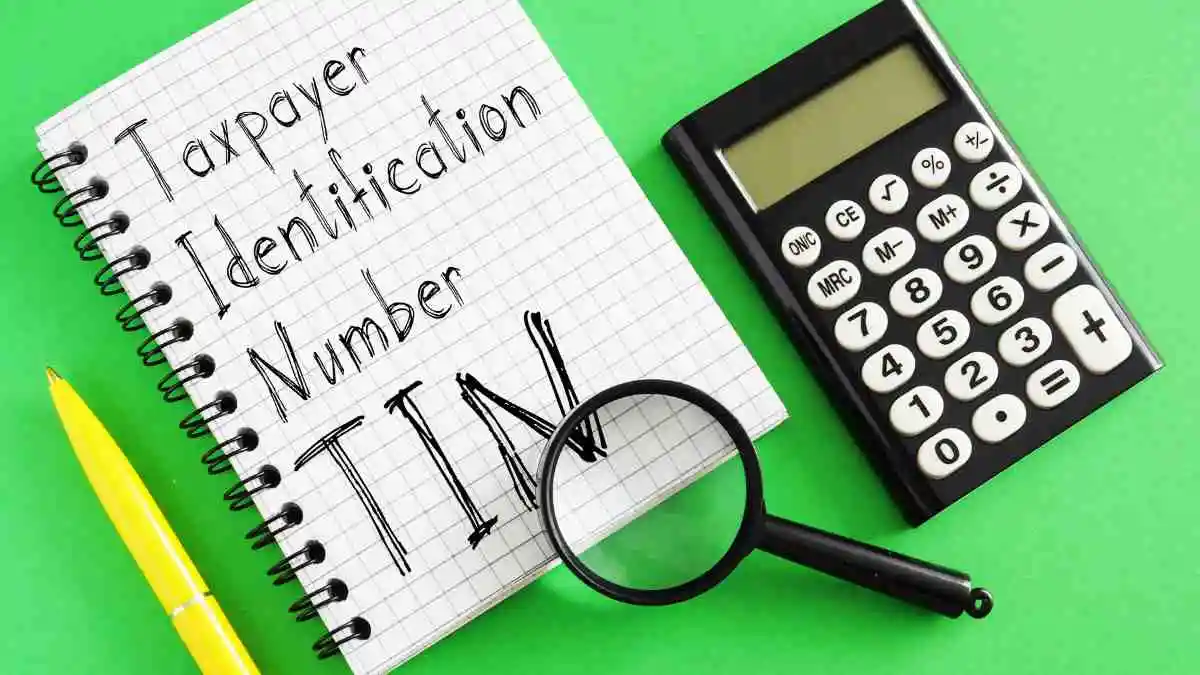In Nigeria today, running a business or engaging in any income-generating activity, whether formally or informally, comes with responsibilities, one of which is tax compliance. One major requirement for meeting your tax obligations is having a Tax Identification Number (TIN). This applies to individuals, small business owners, large corporations, freelancers, non-governmental organisations (NGOs), and even religious institutions that engage in financial transactions.
You might have heard about TIN certificates but are unsure of their importance, how they work, or whether you really need one. The short answer? Yes, you probably do. And here’s why: a TIN is not just a number; it’s your official identity in Nigeria’s tax system. Without it, you may face unnecessary challenges when trying to open a business bank account, apply for loans, submit tax returns, or even bid for government contracts.
Whether you’re launching a new venture, already operating a business, or simply looking to stay compliant with the law, understanding what a TIN certificate is and how it benefits you is essential in 2025 and beyond. With increased efforts from the Federal Inland Revenue Service (FIRS) and the Joint Tax Board (JTB) to drive transparency and expand the tax base, having a Tax Identification Number (TIN) has become more important than ever.
What is a TIN Certificate?
A Tax Identification Number (TIN) is a unique number assigned to individuals and organisations for tax purposes in Nigeria. It is issued by the Federal Inland Revenue Service (FIRS) or the Joint Tax Board (JTB) to identify taxpayers and ensure compliance with tax laws. The TIN certificate serves as official documentation of this number.
Who Needs a TIN Certificate?
- Salary Earners: Employees in both the public and private sectors.
- Self-Employed Persons: Freelancers, consultants, and artisans.
- Non-Resident Individuals: Foreigners earning income in Nigeria.
Businesses and Organisations
- Registered Companies: Entities registered with the Corporate Affairs Commission (CAC).
- Partnerships and Sole Proprietorships: Unincorporated business entities.
- Non-Profit Organisations: NGOs, churches, and associations generating income.
In essence, if you are earning income or operating a business in Nigeria, obtaining a TIN certificate is mandatory.
Why Is a TIN Certificate Important?
Possessing a TIN certificate is vital for several reasons:
- Legal Compliance: It is a legal requirement under Nigerian tax laws.
- Financial Transactions: Necessary for opening bank accounts and applying for loans.
- Government Services: Required for obtaining government contracts and licenses.
- Tax Clearance Certificate (TCC): A prerequisite for obtaining a TCC, which is essential for various official processes.
- Avoiding Penalties: Operating without a TIN can lead to fines and legal issues.
How to Obtain a TIN Certificate in Nigeria
The process of obtaining a TIN certificate varies slightly for individuals and businesses:
For Individuals
- Online Application: Visit the Joint Tax Board (JTB) portal and apply using your Bank Verification Number (BVN) or National Identification Number (NIN).
- In-Person Application: Visit the nearest FIRS office with valid identification and proof of address.
For Businesses
- CAC Registration: Ensure your business is registered with the Corporate Affairs Commission.
- Application Submission: Submit the required documents, including CAC registration details, to the FIRS or JTB.
- TIN Issuance: Upon verification, your TIN certificate will be issued.
Consequences of Not Having a TIN Certificate
Failure to obtain a TIN certificate can result in:
- Ineligibility for Government Contracts: Many government tenders require a TIN.
- Banking Restrictions: Inability to open or operate business bank accounts.
- Legal Penalties: Fines and sanctions for non-compliance with tax regulations.
- Operational Challenges: Difficulties in obtaining licenses and permits.
Frequently Asked Questions (FAQs)
Q1: Is there a fee for obtaining a TIN certificate?
No, obtaining a TIN certificate is free of charge.
Q2: How long does it take to get a TIN certificate?
The processing time varies but typically takes between 1 to 5 working days.
Q3: Can I apply for a TIN certificate online?
Yes, individuals can apply online through the JTB portal using their BVN or NIN.
Q4: Is a TIN certificate required for personal bank accounts?
While not mandatory for personal accounts, it is essential for business accounts.
Q5: Can foreigners obtain a TIN certificate in Nigeria?
Yes, non-resident individuals earning income in Nigeria are required to obtain a TIN.
Conclusion
In 2025, the importance of obtaining a TIN certificate in Nigeria cannot be overstated. It is a legal requirement that facilitates various financial and official transactions, ensuring compliance with tax laws and smooth business operations. Whether you are an individual or a business entity, securing your TIN certificate is a crucial step toward legitimacy and operational efficiency.
Ready to get your TIN certificate? Visit the official portals of the Federal Inland Revenue Service or the Joint Tax Board to begin your application process today.


